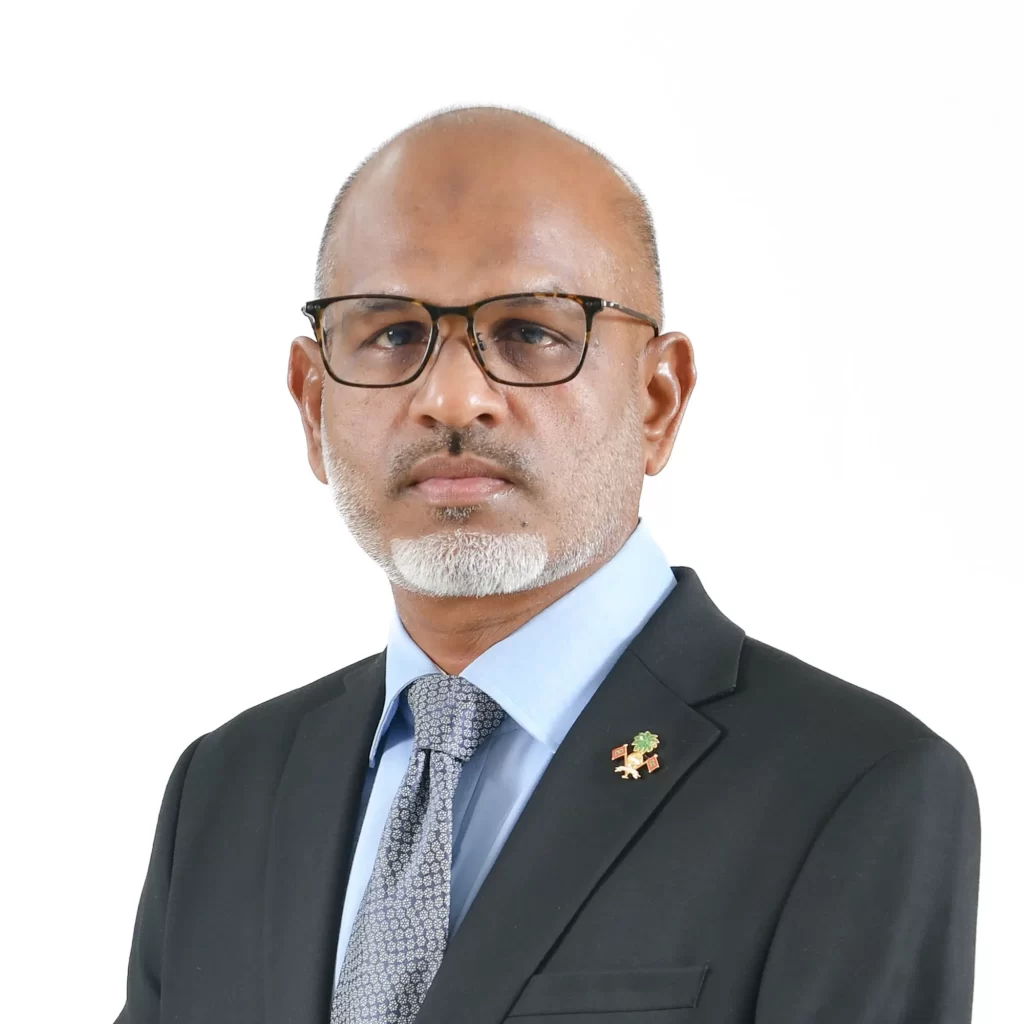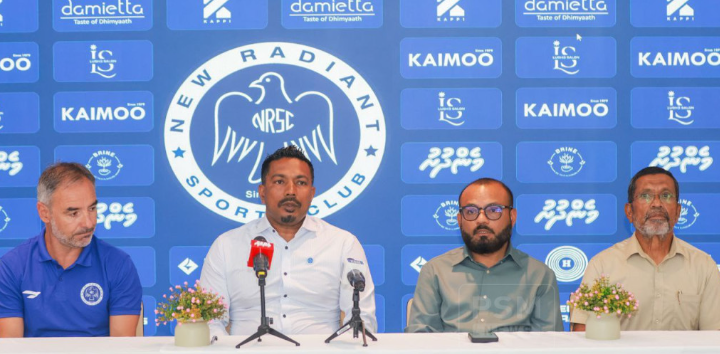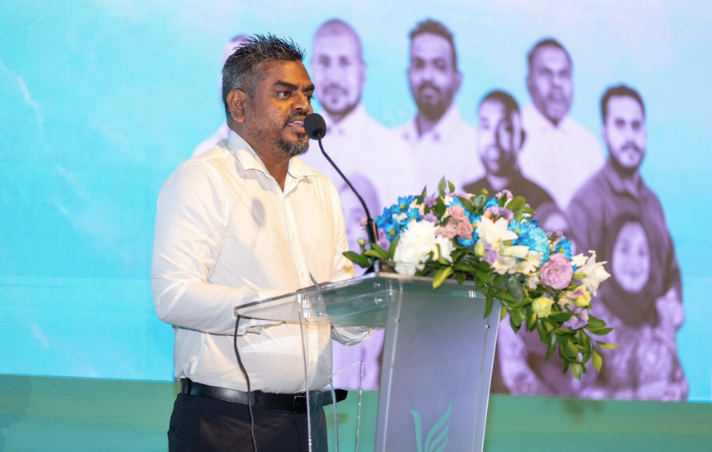MALE’, Maldives — In a contentious Majlis Finance Committee meeting, Deputy Speaker Ahmed Nazim, who represents Dhiggaru Constituency, strongly opposed the proposed increase in health insurance premiums for judges. Nazim argued that despite recent salary hikes, judges’ performance remains unsatisfactory.
Nazim pointed out the significant backlog of cases in the courts.
“One judge has 543 cases, and the judge with the least number of cases has 112. There should be accountability if they are paid MVR 62,000,” Nazim stated.
He emphasized that some cases in the Civil Court have been pending for two years without a hearing. “There is no justification for increasing the judiciary’s health insurance premiums without concurrent reforms in judicial delivery,” he added.
Nazim also raised concerns about judges retiring early and still receiving retirement benefits and allowances and insurance. He noted that many healthy, middle-aged judges are retiring with full benefits, placing a burden on the system. He suggested that the Judicial Service Commission (JSC) reform could address this issue.
Highlighting the challenges of the welfare system in the Maldives, Nazim proposed that judges should contribute 10 percent of their insurance premiums to incentivize better health management. He cited New Zealand as an example, where smokers pay higher premiums, suggesting similar measures for the Maldives.
“We cannot sustain the present welfare system without changes. The cost of healthcare is rising because people are not taking care of themselves,” he said. “If someone leads an unhealthy lifestyle and gets sick, the government ends up paying the bill.”
The discussion was prompted by the judiciary’s request for the state to cover 10 percent of the judges’ insurance premiums, which they currently pay themselves.
Known for his active and vocal presence in the 20th Majlis, Nazim’s statements often resonate with the public.
“Independent institutions in the Maldives are not functioning; they lack responsibility and accountability. Nothing gets done,” he remarked during a recent meeting with Anti-Corruption Commission (ACC) members during the SOE Committee session.
Nazim highlighted the persistent issue of corruption cases not being properly investigated and the inadequate actions taken by ACC. He condemned ACC for making excuses instead of taking decisive action against corruption, emphasizing the ongoing problem of corruption in government-owned companies, irrespective of the administration in power.












